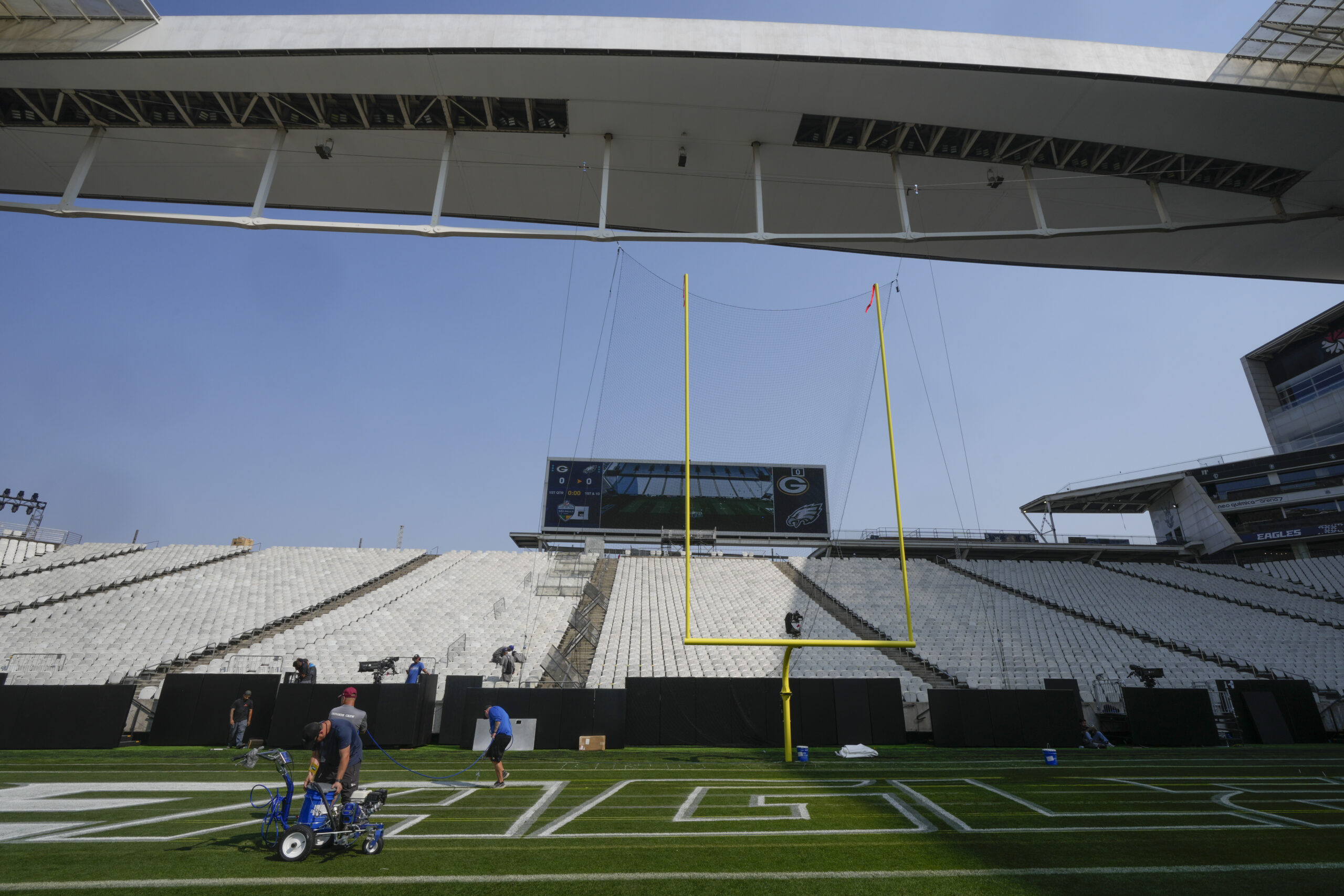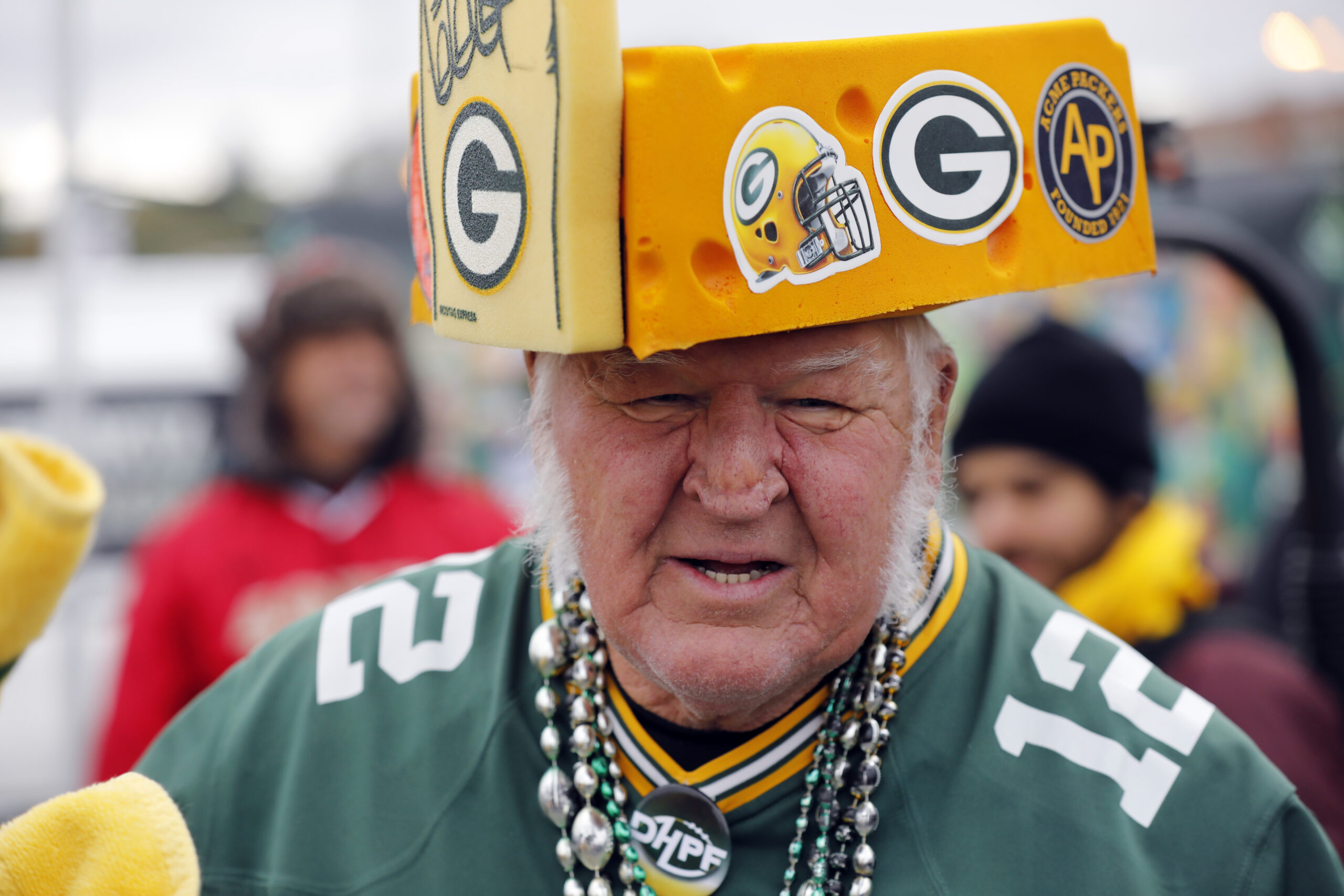A player on the Green Bay Packers has tested positive for coronavirus.
He is in quarantine, and the team is following the NFL’s “intensive” safety protocols, according to a statement from the Packers.
Reports indicate rookie running back AJ Dillon is the player who tested positive. On Monday afternoon, the Packers added Dillon to their reserve/COVID-19 list. The roster status indicates a player has tested positive or been in close contact with someone confirmed to have the virus.
Stay informed on the latest news
Sign up for WPR’s email newsletter.
The team is conducting Monday’s player meetings virtually, and contact tracing is underway.
“Our focus continues to be on the health and safety of our players, staff and community. We will continue to work closely with the NFL and medical professionals and follow their guidance,” the statement read.
The Packers are scheduled to play the San Francisco 49ers Thursday night. Should the game take place, Green Bay could be at a big disadvantage.
#Packers RB A.J. Dillon is the player who tested positive for COVID-19, per source.
Contact tracing is underway. Depending on close contacts, especially within the small RB room, potential competitive implications on Thursday night’s game against the #49ers.
— Tom Pelissero (@TomPelissero) November 2, 2020
Starting running back Aaron Jones missed Sunday’s game due to an injury. If both Jones and Dillon are unavailable Thursday, the Packers will be missing half their running backs.
Dillon played Sunday in Green Bay’s loss to the Minnesota Vikings.
On Oct. 25, the Packers beat the Houston Texans. Three days later, the Texans shut down their practice facility after a player tested positive for the virus.
Green Bay has yet to host fans at Lambeau Field this season. According to the New York Times, North Dakota and South Dakota are the only states experiencing worse coronavirus outbreaks per capita than Wisconsin.
Wisconsin Public Radio, © Copyright 2025, Board of Regents of the University of Wisconsin System and Wisconsin Educational Communications Board.





